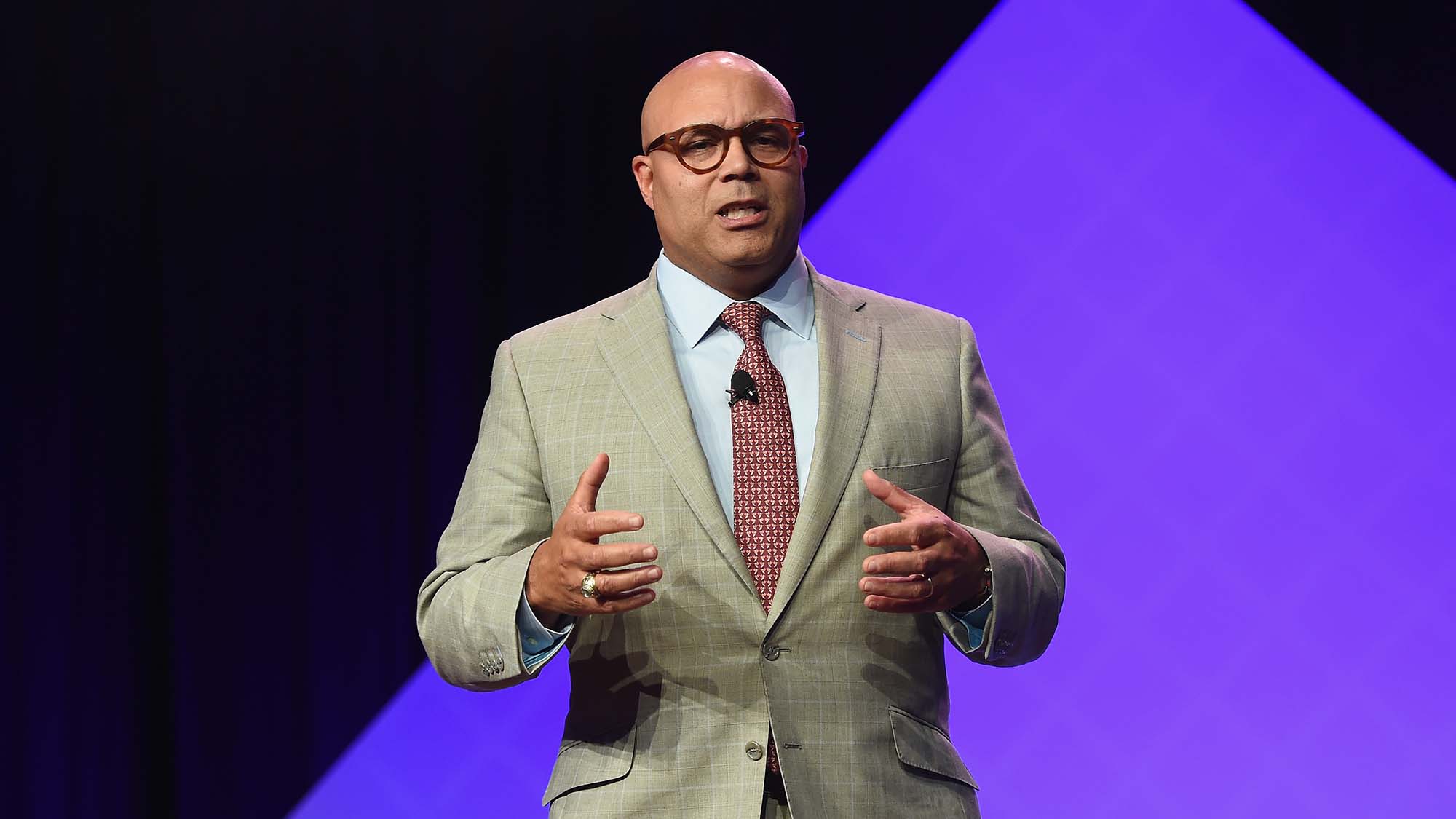NCTA CEO Michael Powell: Overbuilding Broadband Would Be Fatal Error
Former FCC chair outlines risks in Biden administration’s multibillion-dollar subsidy programs

The smarter way to stay on top of the multichannel video marketplace. Sign up below.
You are now subscribed
Your newsletter sign-up was successful
Michael Powell, president and CEO of NCTA–The Internet & Television Association, plans to tell Congress Tuesday (December 13) that a lot could go wrong with the government’s multibillion dollar, multiagency effort to achieve universal broadband if the Biden administration isn't careful about how it hands out that money.
According to a copy of his prepared testimony for a Senate Communications Subcommittee hearing on “Ensuring Solutions to Meet America’s Broadband Needs,” Powell points to several risks given that the broadband subsidy money is being handed out via more than 100 programs and by a “dizzying array” of government agencies.
Powell pointed to four main risks, number one being the forces pushing for spending the money “in towns and communities with better economics, where broadband already exists.”
The White House has made it clear that availability entails more than access and includes affordability, competition, access to information about the value of broadband and training in how to use it and service quality.
Powell said that to spend limited resources on places where there is broadband service already would be a fatal error that would leave unserved “still hunger for their first taste of broadband.”
Powell says the other risks are 2) insufficient coordination among those 100-plus programs, which could lead to “confusion, delay, waste and poor results”; 3) policy creep, in which a “bottomless number” of policies and regulations could destroy a viable revenue model and drive some providers away, policies/regulations like “forms of rate regulation, open-access requirements, buy American provisions, and labor rules”; and 4) a failure to hew to clear, measurable criteria for buildout success and effective oversight, without which he said “ambiguous criteria, poor controls, and grants to inexperienced providers will, as it has in the past, lead to a great deal of waste, fraud and abuse.”
Powell told the subcommittee that he thought the programs held great promise, but only if it learns from and does not repeat past mistake that he said “have often failed because resources were mistargeted, or poorly administered by both government agencies and ineffective providers.” ▪️
The smarter way to stay on top of the multichannel video marketplace. Sign up below.
Contributing editor John Eggerton has been an editor and/or writer on media regulation, legislation and policy for over four decades, including covering the FCC, FTC, Congress, the major media trade associations, and the federal courts. In addition to Multichannel News and Broadcasting + Cable, his work has appeared in Radio World, TV Technology, TV Fax, This Week in Consumer Electronics, Variety and the Encyclopedia Britannica.

